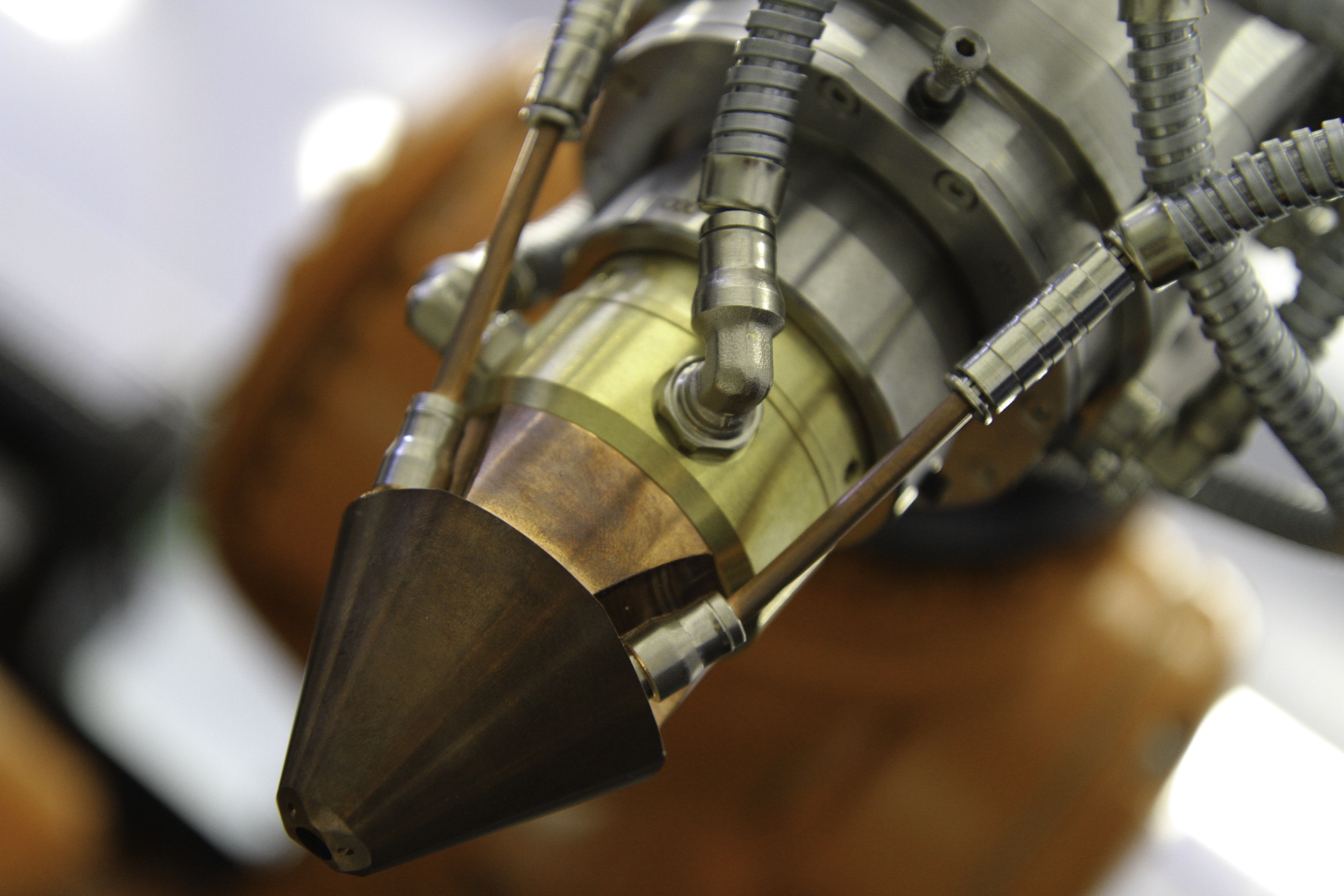News & Events
The European ADDITOOL project for the transfer of Additive Manufacturing technologies to industry comes to a successful end.
The European ADDITOOL project for the transfer of Additive Manufacturing technologies to industry comes to a successful end.

09 | 05 | 2023
The European ADDITOOL project, in which the Ceit technology centre is participating together with companies and organisations from different European Union countries, has been successfully completed.
The project, which has lasted 28 months, has been aimed at disseminating and transferring additive manufacturing technologies in order to approximate their use for the manufacture of customised metal tools without the need for moulds.
After 28 months of work, the European R&D project ADDITOOL has come to an end with an event. Its objective has been to disseminate and transfer know-how on additive manufacturing processes, as an essential enabling technology for advanced manufacturing, in order to approach its use for the manufacture of customised metal tooling without the need for moulds.
The project, which has been financed by the European Union's ERDF funds, has involved companies from Spain, France and Portugal, including the Ceit Technology Centre, together with two other Basque entities: the University of the Basque Country (UPV/EHU) and Lortek.
Five real demonstrators
At the event, five real industrial demonstrators of metal tooling using this technology were presented for different sectors: machinery manufacturing, food, aeronautics and industry. Each demonstrator was manufactured using different metal additive manufacturing techniques, adapting to the characteristics (size, geometry or material, among other parameters) of each element. During the event, speakers from various international organisations such as Ampower, Cranfield University, Addup, Adaxis and Rescoll spoke about the future of additive manufacturing and what it brings in terms of sustainability.
Knowledge transfer
The ADDITOOL project has also facilitated the transfer of knowledge throughout the South West European region (Spain, France, Portugal and the United Kingdom) through various educational programmes. The actors in this area have been teachers, researchers and doctoral students, who have used mobility to share good practices.
In all, the various utilities of industrial processes and solutions have been shown to have different outlets through the use of these technologies, and new fields of application will be opened up in terms of their development.
The results of this project are expected to contribute to the development of more efficient and cost-effective processes for the additive manufacturing of metals, which in turn will promote the competitiveness and growth of European industry.